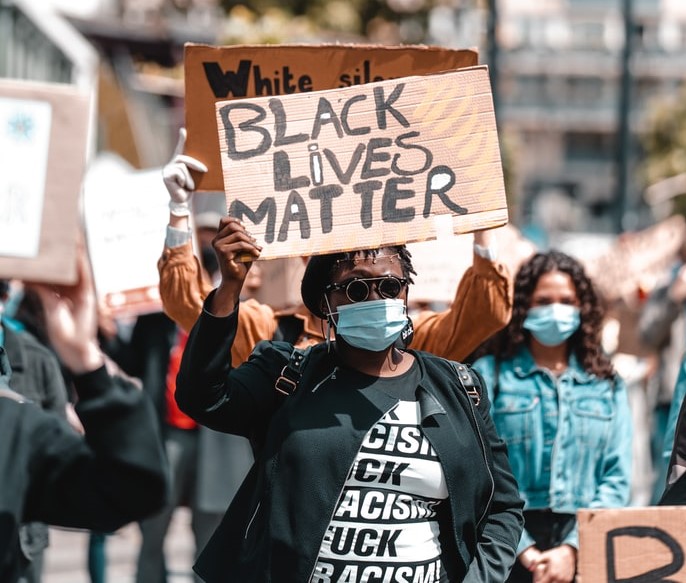
Hi everyone, quick announcement: if you are a funder, please join this webinar this Wednesday 7/29 at 1pm ET, led by NDLON and Hispanics in Philanthropy, where you will hear about the impact the pandemic has had on day laborers, domestic workers, and other low-wage earners, the organizations that serve them, and what is needed from funders at this time.
***
About a year ago, I was complaining to my friend Ben Reuler, ED of Seattle Works, about my backyard. I told him how the yard had been cleared the year prior and had just remained a patch of dirt. This was because my spouse and I were indecisive. We didn’t know whether to plant grass seeds, or maybe roll out some turf, try for an ecolawn full of clovers, or possibly hire a landscape designer. We wanted to do some more research. So for 14 months the yard remained barren, save for weeds. The kids refused to play in it except when it rained, then they loved jumping around in the mud. No one complained. We just thought, “We’ll get to it and some point.”
A few weeks later, we invited Ben and his family over for lunch (I make kickass bánh xèo). Ben arrived with a bag of grass seeds, a bag of compost, and a seed spreader thing. “Come on,” he said, “we’re planting grass in your yard.” And just like that, we were out in the yard, sprinkling grass seeds and compost. I was skeptical. Ben is not an expert in lawn care; he is a nonprofit executive director, and everyone knows we EDs have very few useful life skills. Over the next few months, though, as we moved into the rainy season, the grass grew. Now we have a lawn! It’s great for picnics. The children wrestle on the ground. This little yard has been a lifesaver during this pandemic when schools are closed.
Why the heck am I bringing this up? This story is an analogy for a critical weakness in our sector: Our over-intellectualization, tendency to complicate things, gravitation toward research and planning, and avoidance of risk and action. Just like my partner and I hemmed and hawed and was indecisive about what to do about our yard for over a year, we nonprofits and foundations too equivocate and overthink all sorts of things. And gradually, over the years, we start to praise ourselves for doing endless researching, planning, and pontificating instead of taking actions, to the point where we now consider this course of inaction as “best practices.”
This is not to say that we shouldn’t plan or research, but the pendulum has swung too far and it’s become destructive and we don’t even realize it. For instance, I talked to a foundation CEO who asked me to facilitate a discussion about how to better fund Black and Indigenous communities during this time. I told him to just increase payout and give multi-year general operating dollars to Black and Indigenous-led organizations, the end, stop wasting time. Another funder, when I told them something similar about increasing funding to communities-of-color-led orgs, said, “Well, we would love to do that, but we are very white and haven’t really done our inner work yet to be more diverse, so it would feel hypocritical.” So basically communities are suffering because you need months or years to think and reflect and plan and look good to the public.
Toxic intellectualizing is pervasive across our sector. We have deeply internalized it, overusing concepts like “due diligence” and refrains like “the process is just as important as the results” to justify it. We have built entire industries of data/evaluation and strategic planning consultants around it. We are geared toward planning and thinking because it is safer and less risky to do. The consequences of taking impulsive actions and failing are usually serious in our sector and in society, but we don’t want to seem like we’re not taking any actions, so the middle ground is to think and talk about stuff, and in doing so we continue to waste so much time and resources.
Continue reading →




